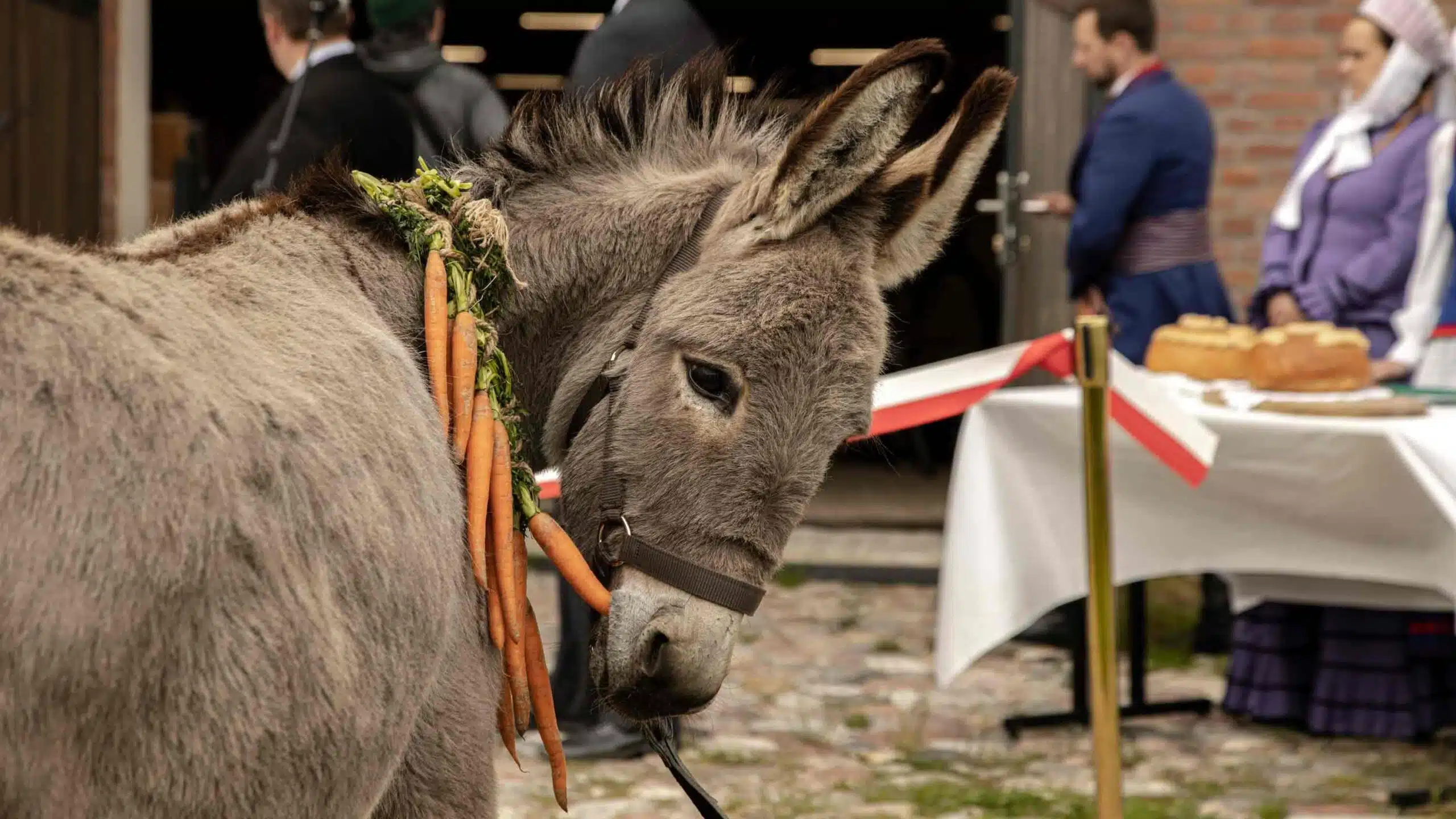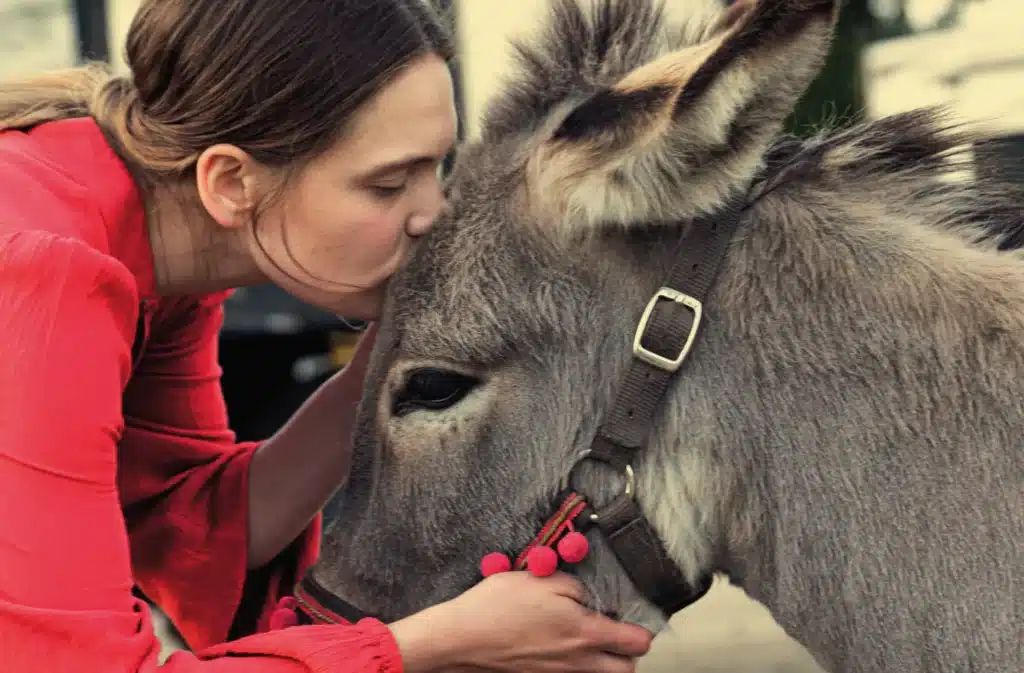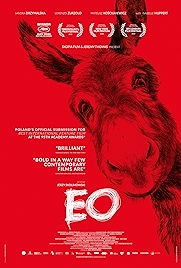The Polish director Jerzy Skolimowski’s heyday was about 50 years, in the 1970s, a fact that make EO all the more remarkable. Here Skolimowski is, in his mid 80s, knocking it out of the park with a film that’s warm and tender, dramatically intense and also put together with a master’s touch.
The even more remarkable thing is that at one point Skolimowski turned his back on film. For 17 years Skolimowski he was content to spend his time in his LA home painting. There were odd appearances in front of the camera – you might remember him interrogating Black Widow in The Avengers – but no cinema product bearing his name. But then a return to his native Poland about 15 years ago seemed to fire up his film-making side again. Since 2008 he’s directed a handful of films and a TV series, none of which, it must be said, got the reception that EO did (a Grand Jury prize at Cannes, among many other awards).
The cynic might say that Cannes was rewarding Skolimowski for reminding the world about a French film-maker, Robert Bresson. EO is clearly inspired by Bresson’s Au Hasard Balthasar, another movie that sees events through the big accepting eyes of a donkey. Big aah for the animal lover in us all.
In the way of these things – Black Beauty, War Horse or the 2005 revival of Lassie – the animal star is actually more a linking device than the real focus of the film, which consists of tight mini-narratives, all of them detail-rich and fraught with drama. It’s a film about human beings, in other words, though the little donkey looms large as a silent witness (the odd bray to one side).
EO kicks off with the little donkey working at a circus, where he is loved by the young woman whose act he is part of, and abused by a fellow carnie, this fickleness of human nature being something that’s going to recur throughout the film. From here, after animal rights protesters get the circus closed down, Eo is shipped off to the countryside, only to take fright when a horse in the same stable starts getting amorous with a mare.
He bolts. And is suddenly on his way, out in the big world, trotting from one mini-adventure to another, somehow always evading capture, regularly dodging the abattoir, where, we hear twice, donkeys get turned into salami.
A petting zoo full of kids with Down’s syndrome. A football match that turns nasty. An interlude in a forest where he comes across a wolf that’s been shot. In an animal hospital. In the back of a horse transporter. Eventually at a castle where there’s a surprise appearance by Isabelle Huppert as a countess – there are no other famous faces.
At one point Skolimowski digresses to a robot dog scampering about. At another he takes to the skies and, in red-filtered scenes, glides through the forest as if his camera were an air sprite. He shifts between the matter-of-fact and the fanciful/imaginative. Thematically he blows hot and cold too – much of this is cute, but then there’s the occasional switchback into something shocking.
With a human tendency to anthropomorphise, we impute emotions to the donkey. He’s a stoic, right? That ee-aaw is a mocking laugh, yes? Or a howl of pain? Skolimowski does not indulge us. This film is not that cute.
There is human speech but it could be people saying “rhubarb”. Skolimowski’s process is hierarchical – this is an image-driven film. After that comes Pawel Mykietin’s empathetic score. Then ambient sound. Finally, way down the pecking order, human dialogue.
If you’re feeling pissy, you might argue that some of the donkey interludes are a bit flat. Donkey interiority has its limits. See them, perhaps, as Ozu-like pillow shots, palate cleansers before the next instalment of drama, which will be along in a minute.
Skolimowski started out writing screenplays, notably for Andrzej Wajda with 1960’s Innocent Sorcerers. And even more notably for Roman Polanski with Knife in the Water, the psychological thriller that was Polanski’s debut.
As I write another collaboration with Polanski, the satirical farce The Palace, is getting a piecemeal release – and very mixed reviews. Polanski is now 90 and The Palace is being touted as his final film. Skolimowski, let’s hope, has a few more in the tank.
EO – Watch it/buy it at Amazon
I am an Amazon affiliate
© Steve Morrissey 2023


